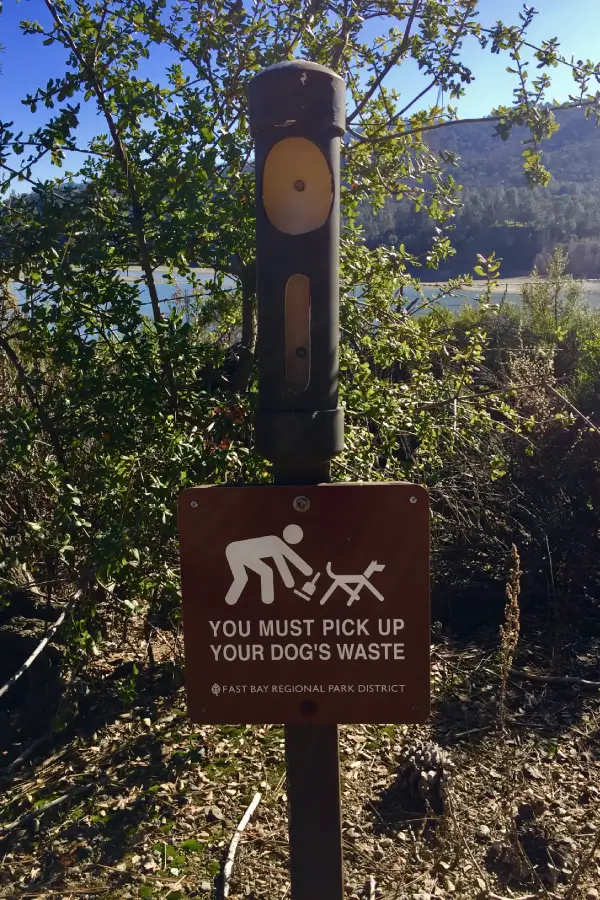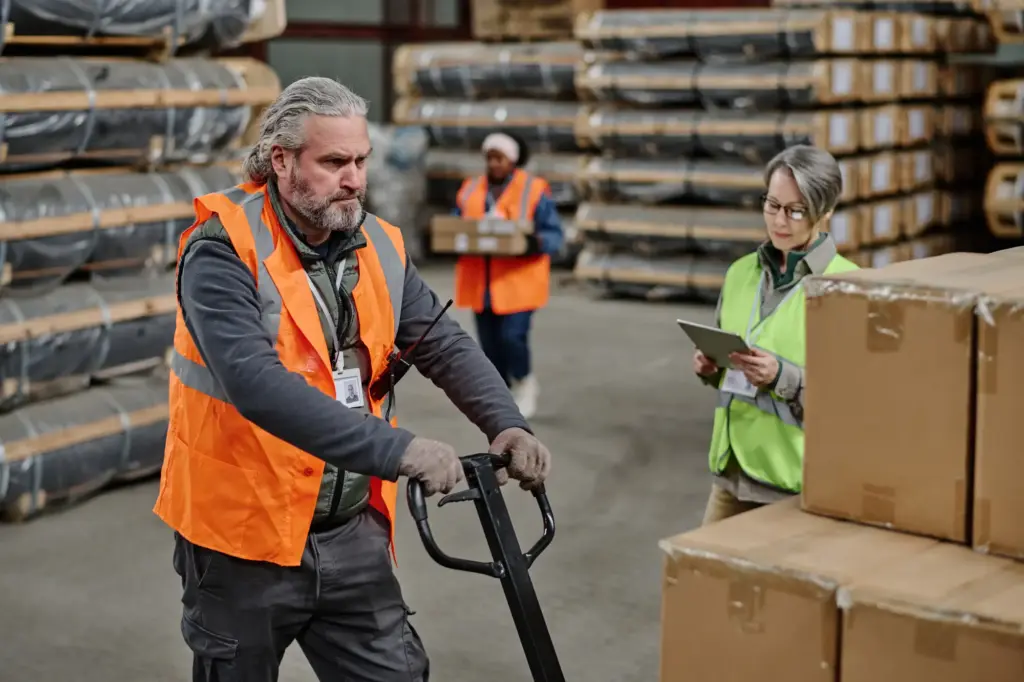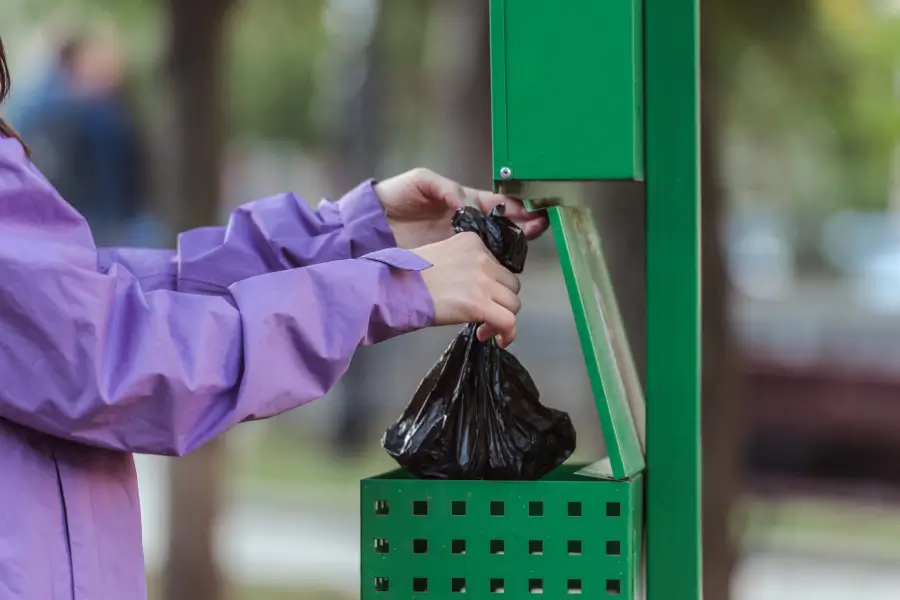Dog park planning
Complete frameworks for new and existing dog park development, including waste management infrastructure, placement strategies, and community engagement approaches.
Turn your most annoying procurement task into
your easiest win
Procuring dog waste supplies isn’t glamorous, but it’s essential for public health, community satisfaction, and your department’s reputation. This guide covers the procurement strategies, regulatory requirements, and planning frameworks that turn routine maintenance into seamless park management.


Cities with properly maintained stations see 2x higher dog owner compliance rates
It’s easy to assume dog waste problems stem from public awareness issues. The reality is that the problem isn’t awareness, it’s an issue of convenience and infrastructure.
Dog owners know they should pick up after their pets, they’re not sitting around wondering what to do with Fido’s business. Research consistently shows that when dog waste stations are present and properly stocked, dog owner compliance rates double compared to areas with empty or missing dispensers.
It’s not rocket science (though it is dog science): when dog poop bags are available, people use them. When dispensers are empty, even the most well-intentioned dog owner becomes a problem for your parks department.
Don’t let empty dispensers turn responsible pet owners into your biggest headache.

The strategic question for municipal managers isn’t whether to address dog waste, it’s whether to approach it reactively (chasing problems) or proactively (preventing them). This decision fundamentally impacts both your budget and your community’s health outcomes.
Keeping dog waste stations properly stocked leads to 85-90% dog owner compliance
90%
Empty stations or missing dog waste bags reduces dog owner compliance by 40-45%
45%
Running empty during high-traffic times leads to a 25% drop in dog waste management compliance
25%
78% of community members rate park quality based on waste management effectiveness
78%

Planning and large bulk orders are the key!
With Ruff Ruff’s planning tools and bulk orders, we’ve eliminated emergency orders completely. Our maintenance supervisor estimates we’re saving 15 hours weekly on waste management tasks.
Reactive city park management vs Proactive investment
Municipal dog waste management presents two strategic approaches. Understanding the long-term implications of each choice determines both your budget impact and community satisfaction outcomes.
Strategic infrastructure investment
Regional compliance
Find your city’s requirements
Park planning
Dog park planning guide
Planning tools
Municipal procurement planning tools and guidelines
Understanding total cost of ownership of municipal programs
Effective municipal budgeting requires comprehensive cost analysis beyond initial procurement prices. Strategic dog waste management involves multiple cost components that compound over annual budget cycles.



From planning to performance: your municipal dog waste success roadmap
Transform your strategic vision into operational excellence with this proven three-phase implementation framework that municipal managers use to eliminate waste management headaches while staying compliant and on-budget.


